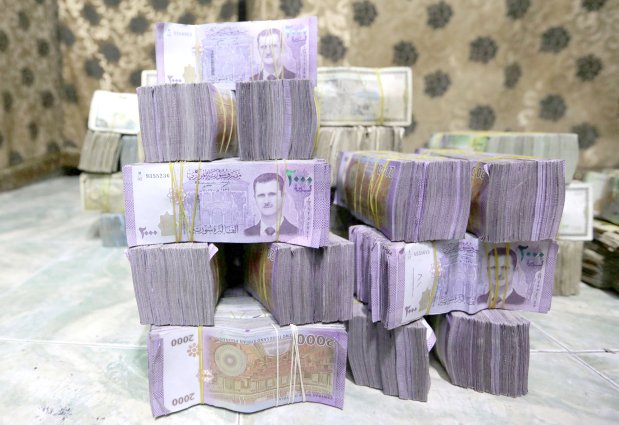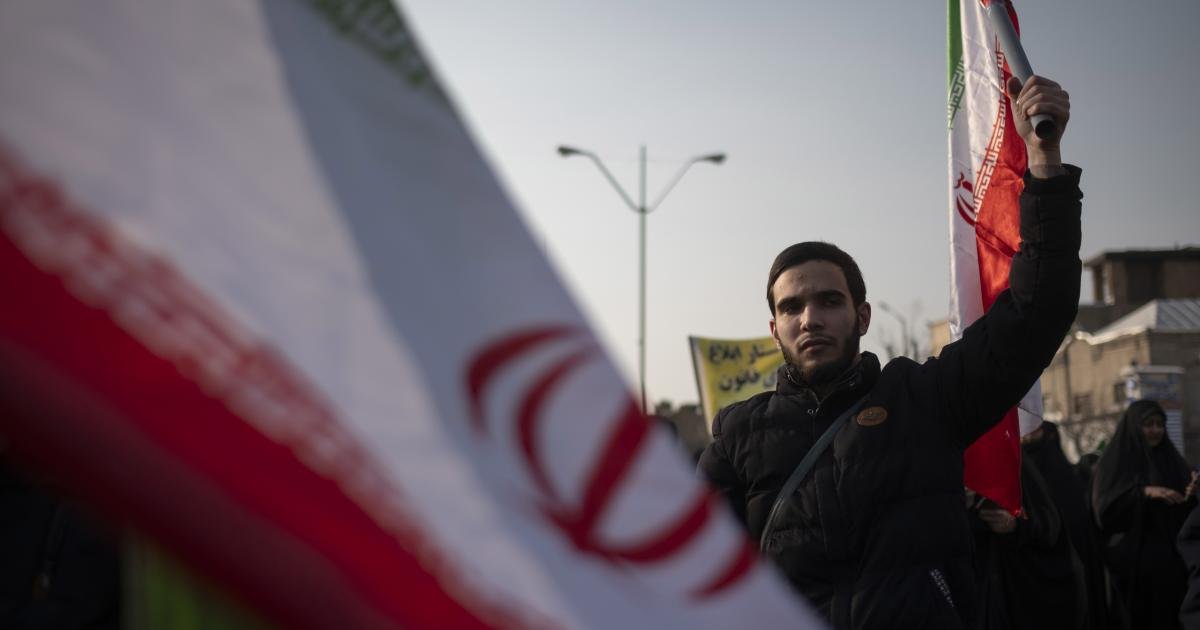SYRIA will issue new banknotes, removing two zeros from its currency in an attempt to restore public confidence in the severely devalued pound, according to seven sources familiar with the matter and documents reviewed by Reuters.
The step is intended to strengthen the Syrian pound after its purchasing power collapsed to record lows following a 14-year conflict that ended with President Bashar Al Assad’s ouster in December.
The Syrian pound has lost more than 99 per cent of its value since war erupted in 2011, with the exchange rate now at around 10,000 pounds to the US dollar, compared to 50 before the war.
The sharp depreciation has made daily transactions and money transfers increasingly difficult.
Families usually pay for weekly grocery runs from black plastic bags holding at least half a kilogram of 5,000-pound notes, currently the highest denomination.
In an attempt to ease transactions and improve monetary stability, Syria’s central bank informed private banks in mid-August that it intended to issue new currency by “removing zeros”, according to a document seen by Reuters.
Reuters spoke to five commercial bankers, one central bank source and one Syrian economic official who said the central bank later informed them that two zeros would be removed. They spoke on condition of anonymity to discuss a decision that has not yet been made public.
Meetings on the currency overhaul have been chaired by Central Bank Deputy Governor Mukhlis Al Nazer, according to the commercial bankers who attended the meetings.
Nazer did not reply to a request for comment. Amal Al Masri, the head of the central bank’s Banking Supervision Department, declined to comment saying the matter was strictly confidential. The Syrian finance ministry also did not respond to a request for comment.
It was not immediately clear whether the revaluation of the pound would need legislative approval. Syria is set to hold its first elections to set up a new legislative assembly in September.
Two of the bankers and another Syrian source familiar with the matter told Reuters that Syria had agreed with Russian state-owned money printing firm Goznak to produce the new notes.
They said the deal was finalised when a senior Syrian delegation visited Moscow in late July. Goznak, which also printed Syria’s currency during the Assad era, did not respond to requests for comment.
Under Assad, the use of foreign currencies was outlawed, but Syria’s new leaders pledged to create a free-market economy and lifted restrictions to ease cash flow.
While the economy has swiftly dollarised, with US dollar prices everywhere from store fronts to fuel pumps, there are concerns about a Syrian pound liquidity crunch in a country with limited infrastructure for digital payments.
Three of the Syrian bankers said one driving force behind the planned currency overhaul was concern over an estimated 40 trillion pounds circulating outside Syria’s formal financial system. Issuing new notes would grant the government better oversight over the cash in circulation.







